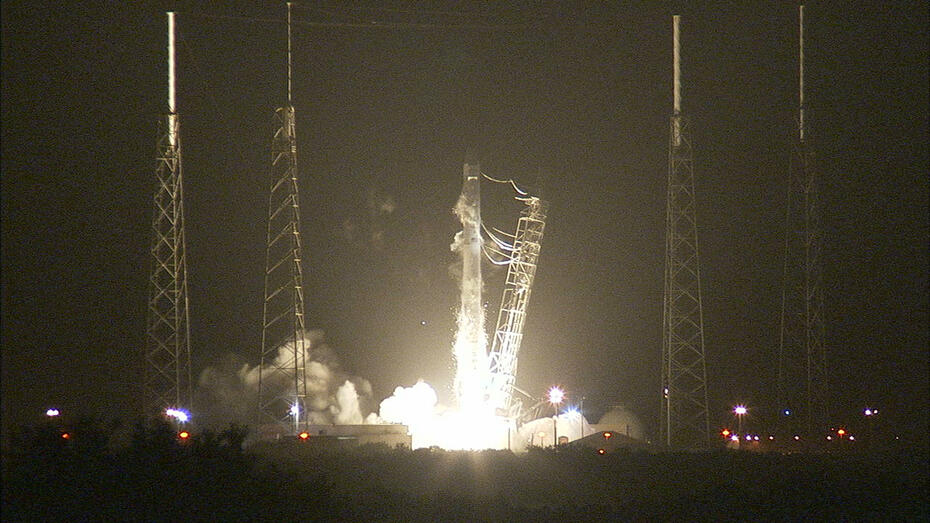Erster 3D-Drucker ins All gestartet
Beladen mit 2,5 Tonnen Fracht ist die SpaceX Falcon-9-Rakete am 21. September erfolgreich ins Weltall gestartet. An Bord der Rakete befindet sich, neben dem Nachschub für die Crew auf der ISS, auch der Zero-G-3D-Drucker ›Portal‹.

Der Weltraum-3D-Drucker ist ein Produkt umfassender Entwicklungsarbeiten der NASA und der Firma Made In Space. Bevor Portal in den Weltraum starten konnte, musste er einige Test bestehen – darunter 30.000 Stunden Druck-Tests und 400 Parabelflüge.
Portal ist so groß wie eine kleinen Mikrowelle und kann Teile am laufenden Band produzieren. Für die einzelnen Teile benötigt er 15 bis 60 Minuten. Neben dem Test wie gut sich 3D-Druck mit der Mikrogravitation vereinbaren lässt, ermöglicht er es dem Forschungsteam benötigte Teile schnell und kostengünstig selbst zu produzieren, anstatt auf die nächste Lieferung warten zu müssen. Zudem erhofft sich das Forschungsteam wertvolle Einblicke in die 3D-Druck-Technologie, um diese auf der Erde zu verbessern.
Mit der Lieferung werden insgesamt 255 wissenschaftliche Forschungsprojekte an Bord der ISS unterstützt.
Weitere Informationen finden Sie hier.
______________________________________________________
NASA: First 3D printer launched into space
Loaded with 2.5 tons of freight, the SpaceX Falcon-9 rocket was successfully launched into space on 21st September. On board the rocket, in addition to the replacement crew for the ISS, was the ›Portal‹ zero G 3D printer.
The space 3D printer is a product of extensive research work by NASA and the company Made in Space. Before the Portal could be launched into space, it had to pass a series of tests, including 30,000 hours of printing tests and 400 parabolic flights.
Portal is the size of a small microwave oven and can produce parts continuously. It requires 15 to 60 minutes for the individual parts. In addition to tests to demonstrate the compatibility of 3D printing with micro-gravitation, it enables the research team to produce the parts they need themselves, quickly and economically, rather than having to wait for the next delivery. The research team also hopes it will provide valuable insights into 3D printing technology that will bring improvements back on earth.
The delivery will support a total of 255 scientific research projects on board the ISS.





